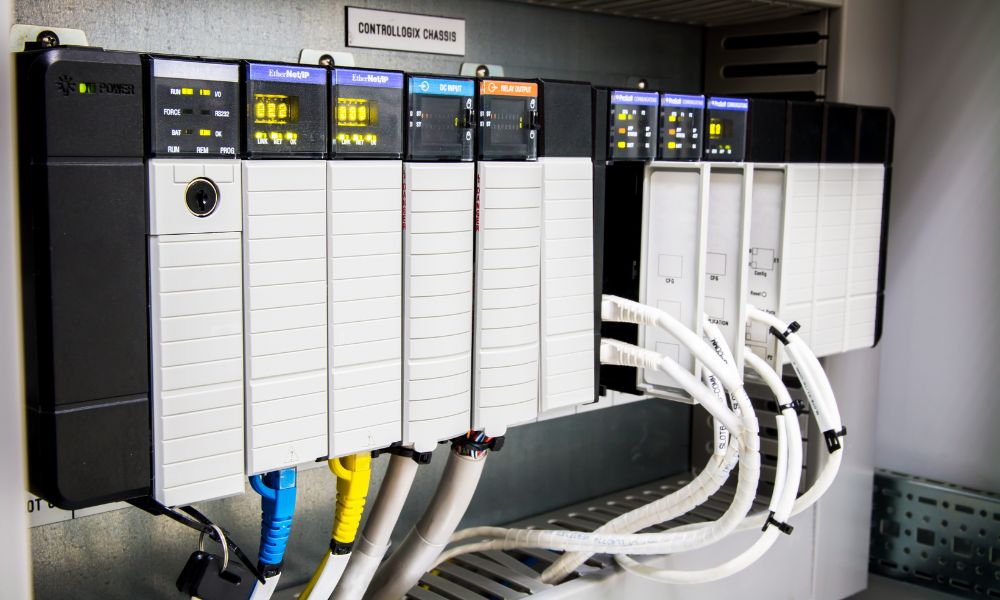Automation is one of the most important innovations to consider when updating the performance of your equipment. However, only a few of the many devices on the market will help you accomplish exactly what you want. Programmable logic controllers, or PLCs, and microcontrollers are two popular models, but they’re far from the same. We’ll discuss the differences between PLCs and microcontrollers to help you choose the right one.
Explaining Programmable Logic Controllers
PLCs are specialized computer devices for automating industrial operations and the corresponding equipment. They commonly control machinery and processes on factory floors. PLCs are programmable, which allows you to customize them to perform automation tasks with specified time, frequency, and power conditions. One of the key advantages of PLCs is their ability to handle complex control tasks, such as analyzing and responding to data from sensors and other equipment. By processing data received from your system, a PLC device can adjust operations to produce the greatest output.
Explaining Microcontrollers
Microcontrollers are small, low-cost processors that are part of a wide range of electronic devices. They’re common in consumer products like smartphones, smart home devices, and wearable technology. Microcontrollers are highly customizable, making them ideal for automation in small applications. They’re also ideal for rapid prototyping due to their low cost and ease of programming.
Determining the Machine for Your Needs
Now that you understand these two devices, it’s time to discuss the core differences between PLCs and microcontrollers. While both are programmable, it’s more complex with a PLC. It typically requires you to use a specialized programming language, such as Ladder Logic. This creates a visual representation of the control system, which you can adjust as needed. Microcontroller programming uses programming languages like C or C++, which requires specialized programming skills you may not have.
Another advantage of PLCs is that they’re durable enough to operate in harsh industrial environments. PLCs can withstand temperature extremes and intense vibrations that microcontrollers cannot. This makes them ideal for automation tasks in factory settings.
Choosing between PLCs and microcontrollers for automation solutions depends on a number of factors. If your automation includes complex control tasks, harsh environments, and specialized programming skills, PLCs are the way to go. Microcontrollers may be better if your automation tasks require rapid prototyping, low-cost processors, and customization in smaller applications. Ultimately, you should assess your business needs and consult with experts before making a final decision.
PLC Direct supplies quality PLC products from top industry manufacturers. Our selection of Omron PLCs is especially popular since the brand is highly regarded for its superior performance and longevity. Visit our website today if you’re interested in investing in a PLC for your industrial facilities!

